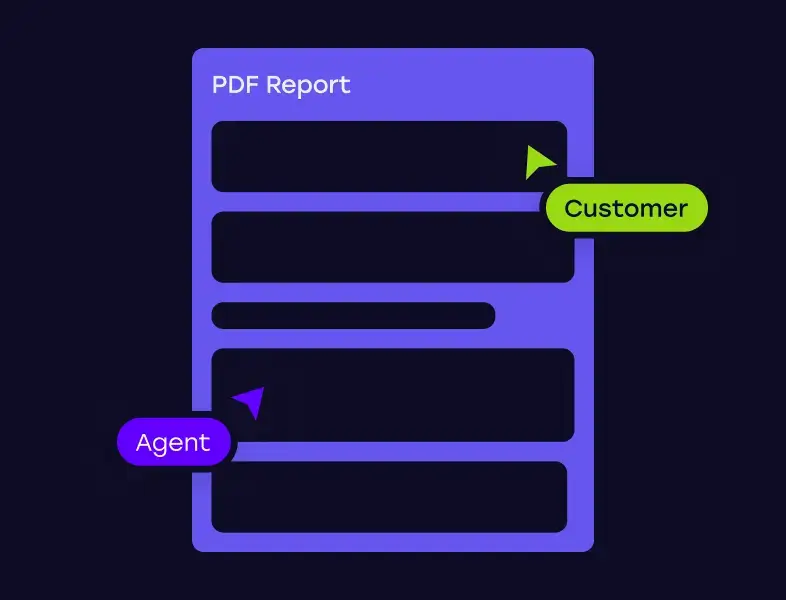Feature Spotlight
Private by Default
The Private by Default feature of Cobrowse minimizes the risk of sharing sensitive or unwanted data during a co-browsing session. When enabled, no text, images, or any other content from your websites or apps is shared with the Agent unless it is explicitly allowlisted as safe to share.
Minimal access is an element of zero trust architecture, which has become increasingly important as organizations move more applications to the cloud. With data privacy a principal concern for digital enterprises, Private by Default offers an additional level of assurance that sensitive personal information is not compromised.




